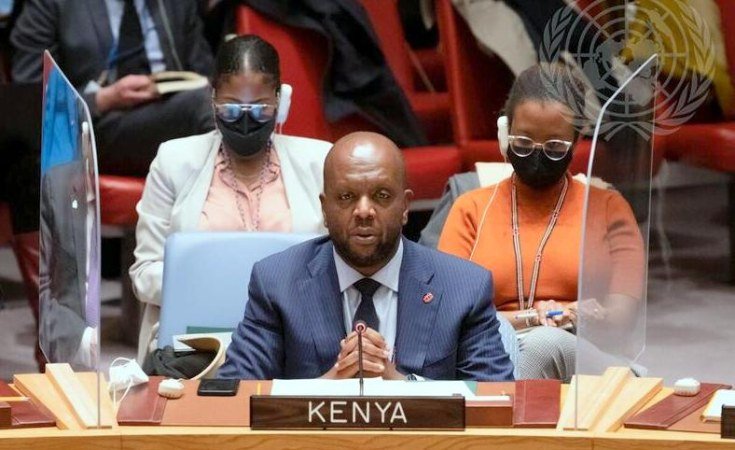New York, 1 March 2022 (TDI): African people are natural allies in the battle to maintain a rules-based international system that resists authoritarian regimes and for positive and inclusive change.
Last week, a voice from Africa, Kenyan Ambassador to the United Nations, Martin Kimani clarified the consequences in Ukraine for the rest of the globe, as the world’s attention is captivated by the dramatic and crucial war for Ukraine.
The current global inflection point should encourage policymakers in the United States to make the long-overdue shift from imagining African states as merely the sites of crises with little relevance to the rest of the world.
The world must realize that there will be no successful attempt to reform the international, rules-based order without the countries from the African continent.
These nations, on the other hand, must be partners, not afterthoughts. That implies changes should focus on African concerns, such as addressing energy poverty, ensuring more fair pandemic responses, and improving global migration laws to better reflect where labor forces are increasing and diminishing.
In order to achieve long-term global solidarity, it is also necessary to acknowledge and confront the racism that distorts analysis, obscures opportunity, and drives injustice.
It is pertinent to mention here that news has been coming from Ukraine that authorities have been discriminating against people from Nigeria. The same heroism and determination to oppose totalitarianism that can be seen in Ukraine can also be seen in Africa.
Africa’s place reconsidering in the international system also means acknowledging how the same courage and dedication to resisting authoritarianism on display in Ukraine can be found across the African continent.
People who are fighting back deserve the world’s attention, praise, and support. Their success could increase the number of countries striving for an international order that rejects violence and separatism, upholds human dignity, and safeguards societies’ ability to elect and hold leaders accountable.








